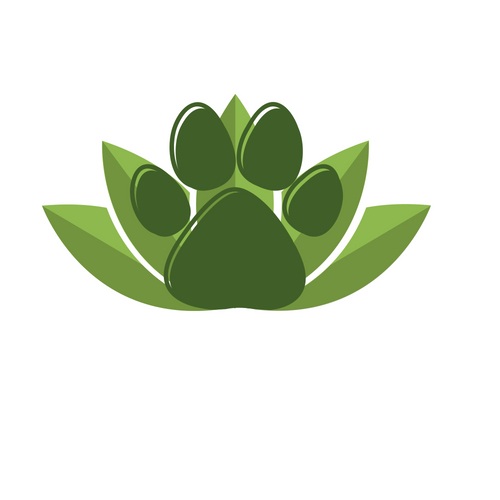Natural Dental Care for Pets
Animals in the Wild Don’t Need to Brush or Floss.
What’s Happening to our Fur-Kids?
Dental disease is not common in animals in the wild. Their teeth and gums are strong and healthy. This is accomplished by their natural diet and the action of chewing on bones, hide and hair from their prey.
Our animal companions are plagued with dental disease from tartar buildup to periodontal disease (gum infections) to actual tooth loss. This is mainly the result of a poor diet unintentionally served by pet parents who have been led to believe that all pet food brands-especially name brands-provide stimulation for teeth and gums along with nutrition. Genetics also play a role in that some pets are bred to have small jaws, so the teeth don’t line up properly or are crowded in the mouth which allows for more places for tartar to build up.
Commercial pet food, especially dry food, seems to contribute to and might possibly be the main cause of dental disease in companion animals. Dog’s and cat’s teeth are designed to tear flesh and chew on raw bones. This action is what cleans the teeth and allows for healthy gums. Most commercial diets don’t provide much chewing action. Even if you hear crunching, the majority of dry pet foods are made to be swallowed quickly, as this is a sign your fur-kids like the food, so you are likely to buy it again. Carnivores are meat eaters and meat is considered acidic. Dry food diets are mostly carbohydrate which is very alkaline and causes a change in the pH of the saliva contributing even more to plaque buildup and dental disease.
The best diet for your companion dog or cat to have healthy teeth is to eliminate or decrease the amount of dry food they eat; add raw, home cooked or natural canned foods; and encourage chewing. Chewing can be accomplished using raw meat such as muscle meat, and chicken gizzards which are very chewy and gritty, and raw bones such as chicken necks, turkey necks and soup marrow bones. Cooked bones should not be fed as they can splinter and are hard for the animal to digest and can cause intestinal blockages. Raw bones are easy to digest. You can also feed raw carrots, dried muscle such as bully sticks and special dental treats that help clean teeth.
If your companion animal’s teeth have a large amount of tartar buildup and inflamed gums he or she may need a dental cleaning by a veterinarian before the natural diet will work. Some pets will still require regular dental cleanings due to genetics or lack of desire to chew. Dental cleanings that require anesthesia will have some risks but the benefits will outweigh the concerns. There are also non-anesthetic dental cleanings that can be very effective. Left untreated, dental disease can cause bad breath, sinus infections, tooth infections and tooth loss. Gum infections can cause the gums to bleed allowing bacteria to enter the bloodstream causing kidney infections. The bacteria can also build up on the heart valves causing heart murmurs and heart disease.
Prevention is your best medicine. A combination of feeding a natural diet including raw bones, plus home dental care including brushing, oral sprays and dental chews and professional dental cleanings if needed, will keep your best friend’s teeth strong and healthy for life.





